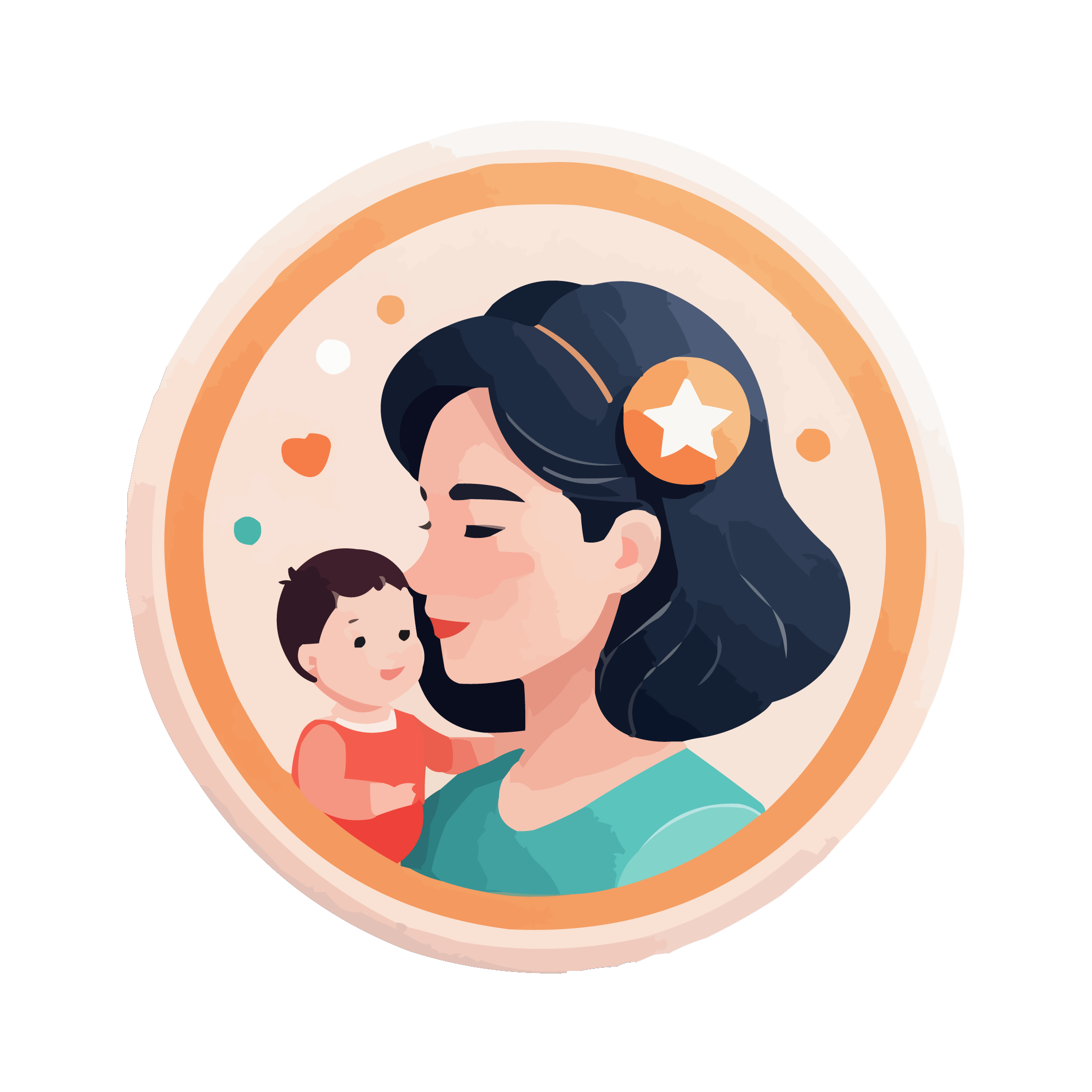Postpartum Depression: Causes, Symptoms, and Treatment

Contents
Understanding Postpartum Depression: Causes, Symptoms, and Treatment
Postpartum depression (PPD), often referred to as the “baby blues,” is a serious mental health condition that affects many new mothers. It is a complex mix of physical, emotional, and behavioral changes that occur after giving birth. Understanding postpartum depression is crucial not only for new mothers but also for their families, as early detection and treatment can make a significant difference in the well-being of both the mother and the child.
What is Postpartum Depression?
Postpartum depression is a type of depression that occurs after childbirth. While it’s normal for new mothers to experience mood swings, crying spells, and anxiety, these feelings usually subside within a few weeks. However, when these symptoms persist or worsen, they may indicate postpartum depression. This condition is more severe and long-lasting than the typical “baby blues” and can interfere with a mother’s ability to care for herself and her baby.
Causes of Postpartum Depression
- Hormonal Changes: After childbirth, there is a significant drop in hormones such as estrogen and progesterone. These hormonal shifts can contribute to mood swings and depressive symptoms. Additionally, the thyroid gland may not function as efficiently after birth, leading to feelings of fatigue, sluggishness, and depression.
- Physical Changes: The physical strain of childbirth, coupled with the exhaustion of caring for a newborn, can take a toll on a mother’s body. Lack of sleep, changes in body weight, and physical discomfort can all contribute to feelings of depression.
- Emotional Factors: The emotional transition to motherhood can be overwhelming. New mothers may feel anxious about their ability to care for their baby, worry about their changing identity, or feel a loss of control over their lives. The stress of these new responsibilities can exacerbate feelings of depression.
- Genetics: A family history of depression or other mood disorders can increase the likelihood of developing postpartum depression. If a mother has experienced depression or anxiety in the past, she may be more susceptible to PPD.
- Lack of Support: Social support is crucial for new mothers. Those who lack a strong support system, whether from a partner, family, or friends, may feel isolated and overwhelmed, which can contribute to the onset of postpartum depression.
- Personal History: Mothers who have experienced traumatic events, such as previous pregnancy loss or complications during childbirth, may be at higher risk for postpartum depression. These past experiences can trigger feelings of fear, anxiety, and sadness.
Symptoms of Postpartum Depression
Postpartum depression can manifest in a variety of ways. The severity and duration of symptoms can vary, but common signs include:
- Persistent Sadness: Feeling sad or hopeless most of the time, often without a clear reason.
- Loss of Interest: Losing interest in activities that were once enjoyable, including spending time with the baby.
- Fatigue: Extreme fatigue or lack of energy, even after getting enough rest.
- Anxiety: Intense anxiety, worry, or panic attacks, particularly about the baby’s health or one’s ability to be a good mother.
- Sleep Disturbances: Difficulty falling or staying asleep, or sleeping too much, even when the baby is sleeping.
- Appetite Changes: Significant changes in appetite, either eating too much or too little.
- Difficulty Bonding: Feeling disconnected from the baby or having trouble bonding with them.
- Irritability: Increased irritability or anger, often directed at the partner or other family members.
- Feelings of Guilt: Intense feelings of guilt or worthlessness, often related to perceived inadequacies as a mother.
- Thoughts of Harm: In severe cases, mothers may have thoughts of harming themselves or their baby. This is a medical emergency and requires immediate attention.
Treatment for Postpartum Depression
Treatment for postpartum depression is essential for the health and well-being of both the mother and the baby. The most effective treatment plans typically include a combination of the following:
- Therapy: Cognitive-behavioral therapy (CBT) and interpersonal therapy (IPT) are commonly used to treat postpartum depression. These therapies help mothers understand and manage their thoughts, feelings, and behaviors, and can be very effective in reducing symptoms.
- Medication: Antidepressant medications may be prescribed to help manage symptoms of postpartum depression. It’s important to consult with a healthcare provider to choose a medication that is safe for breastfeeding mothers.
- Support Groups: Joining a support group for new mothers can provide a sense of community and understanding. Sharing experiences with others who are going through similar challenges can be incredibly comforting and helpful.
- Lifestyle Changes: Making certain lifestyle changes can also support recovery. Regular physical activity, a healthy diet, and ensuring adequate rest are all important. It’s also helpful to create a routine that includes time for self-care, even if it’s just a few minutes each day.
- Family Support: Involving family members in the treatment process can provide additional support. Partners and other family members can learn how to help the mother during her recovery and reduce her burden of responsibility.
- Professional Help: In some cases, more intensive treatment may be necessary. This could include hospitalization or intensive outpatient programs, especially if there are concerns about the safety of the mother or baby.
Preventing Postpartum Depression
While it’s not always possible to prevent postpartum depression, there are steps that can be taken to reduce the risk:
- Prepare for Parenthood: Educating yourself about what to expect after childbirth can help ease the transition. Attending prenatal classes, reading books, and talking to other parents can provide valuable insights.
- Build a Support System: Having a strong support system in place before the baby arrives is crucial. This can include family, friends, and healthcare providers who can offer emotional and practical support.
- Communicate: Open communication with your partner and family about your needs and concerns is important. Let them know how they can help you during the postpartum period.
- Self-Care: Prioritizing self-care, even in small ways, can make a big difference. Taking time to rest, eat well, and engage in activities that bring you joy can help maintain your mental health.
- Seek Help Early: If you have a history of depression or other mental health issues, discuss this with your healthcare provider during pregnancy. Early intervention can help prevent postpartum depression from developing or worsening.
Conclusion
Postpartum depression is a serious condition that affects many new mothers, but it is treatable. Recognizing the symptoms and seeking help early can make a significant difference in a mother’s recovery. With the right support and treatment, new mothers can overcome postpartum depression and enjoy their time with their baby. Understanding and addressing this condition is essential for the health and happiness of both the mother and her family.









